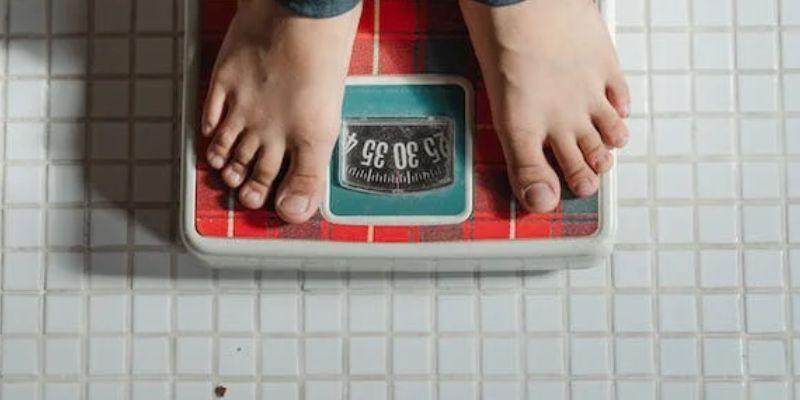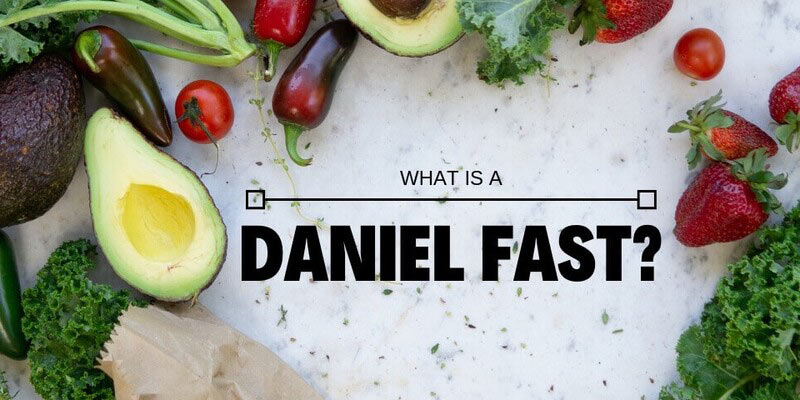The Effective Elimination Diet: Your Guide to Benefits and Planning
Dec 03, 2023 By Madison Evans
A methodical way to find out which foods can make you sick is the elimination diet. The goal of this eating plan is to identify any changes in symptoms by first eliminating certain foods or food categories from the diet and then slowly adding them back in. In addition to its usefulness in identifying food sensitivities, intolerances, and allergies, it may also improve general health. This article will go into the fundamentals of the elimination diet, how it works, and how it might help find hidden food-related health concerns. Anyone looking to optimise their eating habits for greater health must understand the principles of this diet.

The Basics of an Elimination Diet
The foundational premise of the elimination diet is to remove foods that may provoke food allergies and then observe how your body reacts. For starters, it's usual practice to avoid common irritants and allergies such as shellfish, nuts, dairy, soy, gluten, and eggs. During this period, you should expect to feel better after a few weeks of waiting for the inflammatory reactions and symptoms to go away. In the second stage, you'll reintroduce these meals little by little while keeping a careful eye out for reactions. By following this methodical procedure, you may identify which meals or substances are triggering your symptoms. In order to determine which meals are causing issues, it is crucial to follow this diet regimen meticulously and keep thorough notes. To keep track of whatever foods are reintroduced and any symptoms or changes in well-being that coincide, keeping a comprehensive food journal throughout this phase may be very beneficial. Because everyone's eating habits and health issues are different, the elimination diet has to be tailored to each person.
Benefits of the Elimination Diet
Health and Wellness Advantages
You may enhance your health and well-being in general by going on an elimination diet. Anxieties, bloating, headaches, skin problems, and exhaustion are some of the symptoms that may be alleviated by avoiding foods that are identified as food intolerances or allergies. Mindfulness and awareness of one's eating habits are also promoted by this diet, which helps people learn more about the effects of various foods on their bodies. Replacing unhealthy foods with better ones is a common part of this process, which helps many people achieve a more balanced and nutrient-dense diet. Diets that are more regimented tend to encourage healthier eating habits and self-control, both of which contribute to greater health in the long run.
Long-Term Health Effects
The elimination diet has the potential to significantly improve health over time. Many major health problems, including autoimmune illnesses, heart disease, and certain malignancies, have chronic inflammation as their origin. By recognising and avoiding foods that induce inflammation, people may greatly decrease this inflammation. This diet has the potential to greatly enhance the quality of life for those suffering from certain diseases, such as migraines or irritable bowel syndrome (IBS). The elimination diet is useful for weight loss since it often cuts out processed and calorie-heavy meals. A more health-conscious way of life may be initiated with the elimination diet, which promotes a better connection with food and more deliberate dietary choices.
Key Foods in the Elimination Diet
Foods to Include
During this phase of the elimination diet, nutritious, usually hypoallergenic, foods are the main emphasis. Apples, berries, and pears are among these fruits, along with many more that aren't citrus. Cruciferous vegetables, such as broccoli and cauliflower, and leafy greens, such as kale and spinach, are particularly important. Choose lean foods like turkey or chicken and seafood like haddock or salmon. Oats, quinoa, and rice are examples of whole grains that are crucial. Chickpeas and lentils are legumes that provide protein that is good for you. For healthy fats, nothing beats seeds, nuts (not peanuts included), olive oil, and coconut oil.

Foods to Avoid
Because it includes anything that might cause allergies or irritants, the elimination diet's avoidance list is just as important. First and foremost, you can't have any dairy products, including milk, cheese, and yoghurt. No grains that contain gluten, including rye, wheat, and barley. Another major allergy that you should stay away from is eggs. Tofu and soy milk, among other soy products, are off-limits. The allergic qualities of peanuts and tree nuts make them an absolute must-have. Stay away from shellfish and seafood that might trigger allergies, such as tuna. It is advised against eating citrus fruits because of their possible allergies. To avoid potential side effects, stay away from processed foods, artificial sweeteners, and additives. If you want to avoid any possible irritations, it's best to avoid drinks like alcohol, coffee, and caffeinated teas.
Elimination Diet Planning Strategies
Step-by-Step Planning Process
Starting an elimination diet requires careful preparation; a methodical strategy is key. A healthcare professional or nutritionist may help in the first step of identifying any allergies and sensitivities. It follows that you need to make a detailed inventory of what to eat and what to avoid. To minimise nutritional monotony and maximise variation, it is essential to plan snacks and meals around the "foods to include" list. To keep yourself safe from hidden allergies in processed goods, it's important to read labels carefully. Keeping a food diary might help keep track of what you eat and how your symptoms vary over time. Keeping a food journal may help you see trends and how your body responds to new meals. After a couple of weeks of exclusion, meals may be reintroduced one by one while keeping an eye out for responses.
Tips for Successful Implementation
Because it allows you to control what goes into your food, making meals at home is crucial for a successful implementation. To make the diet more fun and long-lasting, try out some new meals. Preparing meals and snacks ahead of time may help you stay on track and resist the urge to eat forbidden items. There is great value in having the support of loved ones or a support group. One should also drink plenty of water and make sure they get enough of all the nutrients they need. If you want to know how your body reacts to new foods and what dietary changes may be necessary, it's best to see a doctor before reintroducing them. Last but not least, you'll need dedication and patience since finding triggers might take a long time.
Challenges and Solutions in an Elimination Diet
There may be challenges when starting an elimination diet, but they may be overcome with planning. Feelings of deprivation brought on by dietary limitations are a major obstacle. As a countermeasure, try eating a wide variety of acceptable foods and trying out new dishes to spice up your meals. Reading labels and finding hidden allergies is another challenge. Here, it is essential to educate people on common food additives and what they are also known as. Problems might arise when there is little control over food preparation, as is the case when eating out or in social settings. When eating out, it's helpful to communicate dietary restrictions properly and choose establishments that accommodate them. Also prevalent are issues with food preparation and time restrictions. This may be made easier by preparing meals ahead of time or by utilising meal delivery services that are designed for elimination diets. Lastly, it might be difficult to assess responses during reintroduction. A thorough eating journal and discussions with a doctor may help put things in perspective.
Conclusion
One effective method for dealing with food allergies and sensitivities is the elimination diet. Even while it comes with its fair share of difficulties, such as complicated meal preparation and dietary limitations, it can be conquered with proper preparation, knowledge, and encouragement. Dieters may succeed by concentrating on a wide range of acceptable meals, maintaining meticulous food diaries, and consulting with healthcare experts for advice. In the end, the elimination diet might help you figure out what foods make you sick and how to eat healthier overall.







